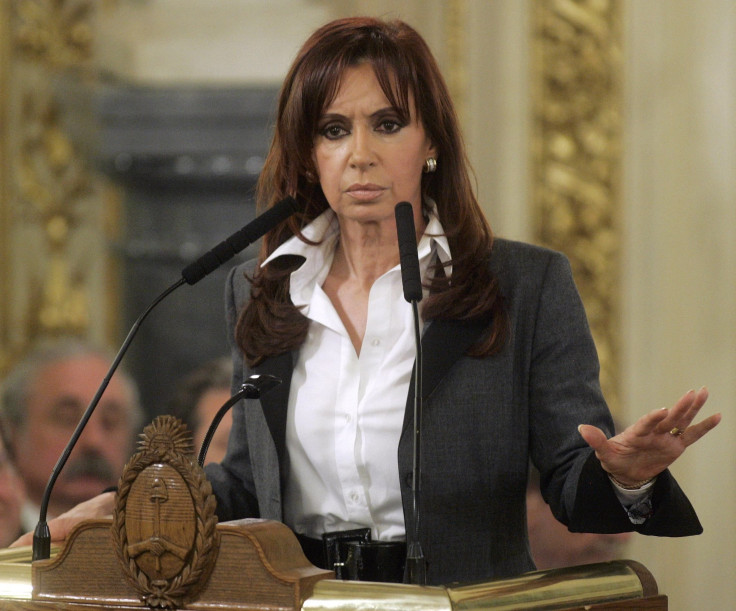Argentinian Peso Fall Could Be Good For Farmers

The declining value of the Argentinian peso versus the U.S. dollar is expected to drive prices of Argentinian beef, grain and other exports downward in much of the global market, experts say. That could prove to be a boon for the South American nation's exporters -- in particular its farmers and ranchers -- as demand for Argentinian products rises in countries that, like the U.S., are seeing their currencies gain against the peso.
“This effect would increase the quantity of Argentine agricultural products demanded in the United States, benefiting agricultural exporters in Argentina,” said John Rush, an economics professor at Vermont’s Marlboro College. “Buyers in other nations would also experience a lower price for Argentine agricultural products if their currencies also strengthened against the Argentine peso.”
Laura Gonzalez, an assistant professor of finance and business economics at Fordham University in New York, agreed, but said there are some significant potential downsides for Argentinian farmers and ranchers.
“The production of grains, for example, requires the import of seeds and machinery. Those costs will increase, therefore decreasing profit margins for producers,” she explained. “A solution could be to increase the production of niche and organic produce, where the margins are larger.”
A peso dropoff is also not good for the overall Argentinian economy, and anyone in Argentina who purchases products from countries with currencies that remain strong against the peso may find themselves getting a raw deal, according to Rush.
“The losers from a currency depreciation would be anyone in Argentina who purchases goods imported from the United States as it now takes more Argentine pesos to buy the same amount of U.S. dollars,” he said. “If exporting to Argentina was an important source of revenue for any sectors in the United States, these sectors would also be worse off.”
The effects continue to be felt in new ways. American Airlines, for instance, announced last week that it will not sell tickets in Argentina for flights more than 90 days away, in order to reduce its exposure to the currency, Bloomberg reported.
The problem is compounded by the existence of two exchange rates, one official and one much lower on the currency black market. The exchange rate on the black market stood at a record 15.1 pesos per dollar as of Sept. 17, while the official exchange rate stood at 8.42, according to Bloomberg.
Argentina has seen a succession of economic woes in recent months, accelerating last month after President Cristina Fernandez de Kirchner refused to pay $1.3 billion to creditors stemming from a default in 2001. Meanwhile, the government has defended Kirchner’s decision by saying that rogue investors and funds are conspiring to “attack the currency,” as Economy Minister Axel Kicillof said last month. The moment came as Kirchner struggled with diminished access to credit markets, “an annual inflation rate that may be as high as 40 percent (official statistics peg it at 10.9 percent), a stubborn recession and little hope for economic growth,” wrote the New York Times.
© Copyright IBTimes 2024. All rights reserved.



















